According to the American Psychological Association, organizational psychology studies how employees behave. Students in an online program for a master’s degree in organizational psychology will gain special expertise in applying psychological concepts to improve the workforce.
Psychologists earn a median salary of about $85,000 annually. Other career options with this degree include human resources manager, training and development manager, and compensation and benefits manager, all of which have a median salary of $120,000 or higher.
The average tuition for a graduate degree program is $12,596 at public universities and $28,017 at private universities.
Why Trust Us
The Intelligent.com Higher Education Team is dedicated to providing students with independent, equitable school and program rankings and well-researched resources. Our expert-driven articles cover topics related to online colleges and programs, paying for school, and career outlooks. We use data from the U.S. Department of Education’s College Scorecard, the National Center for Education Statistics, and other reputable educational and professional organizations. Our academic advisory team reviews content and verifies accuracy throughout the year for the most current information. Partnerships do not influence rankings or editorial decisions.
- Analyzed over 2,000 national, accredited, and nonprofit colleges and universities
- 800+ rankings pages are reviewed and updated yearly
- Content is informed by reputable sources, surveys, and interviews with academic advisors and other experts
- Over 100 data points are reviewed for accuracy and quality throughout the year, including sources
How we rank schools
Our list features the best online Organizational Psychology degree programs at top colleges nationwide. Each school featured is a nonprofit, accredited institution — either public or private — with a high standard of academic quality for post-secondary institutions.
We evaluated each school’s program on tuition costs, admission, retention and graduation rates, faculty, reputation, and the student resources provided for online students. We collected data from trusted sources like the National Center for Education Statistics, individual school and program websites, school admissions counselors, and other data sources. Then, we calculated the Intelligent Score on a scale of 0 to 100 based on the following criterion:
Academic Quality:
- Admission rate versus enrollment rate
- Retention rate of students who return after year one
- Accreditation status (regional and programmatic)
- Nonprofit status, both private and public institutions
Graduation Rate
- Overall graduation rate
- Total number of currently enrolled students, including diversity metrics
- Student-to-faculty ratio
Cost and ROI
- In-state and out-of-state per-credit tuition rates and fees
- Required credits to graduate
- Earning potential after graduation
- Availability of federal student loans, scholarships, and other financial aid options
Student Resources
- Available student services for online-only and hybrid programs
- On-campus amenities like tutoring centers and the number of libraries
Read more about our ranking methodology.
Best 30 Accredited Online Master’s in Organizational Psychology Programs
FiltersInstitution Type
Status
- Intelligent Score
- Alphabetically By University Name
- Acceptance Rate
- Enrollment
- In-state Graduate Tuition
- Out-of-state Graduate Tuition
- In-state Undergraduate Tuition
- Out-of-state Undergraduate Tuition

Missouri University of Science and Technology
Intelligent Score: 99.49In-state: $9,330
Out-of-state: $28,563
In-state: $10,452
Out-of-state: $10,452
SAT: 1238-1390
ACT: 26-31
$950
Online
Higher Learning Commission
37

Colorado State University
Intelligent Score: 96.72In-state: $9,426
Out-of-state: $28,147
In-state: $10,520
Out-of-state: $10,520
SAT: 1070-1280
ACT: 23-29
$770
Online
Higher Learning Commission
38
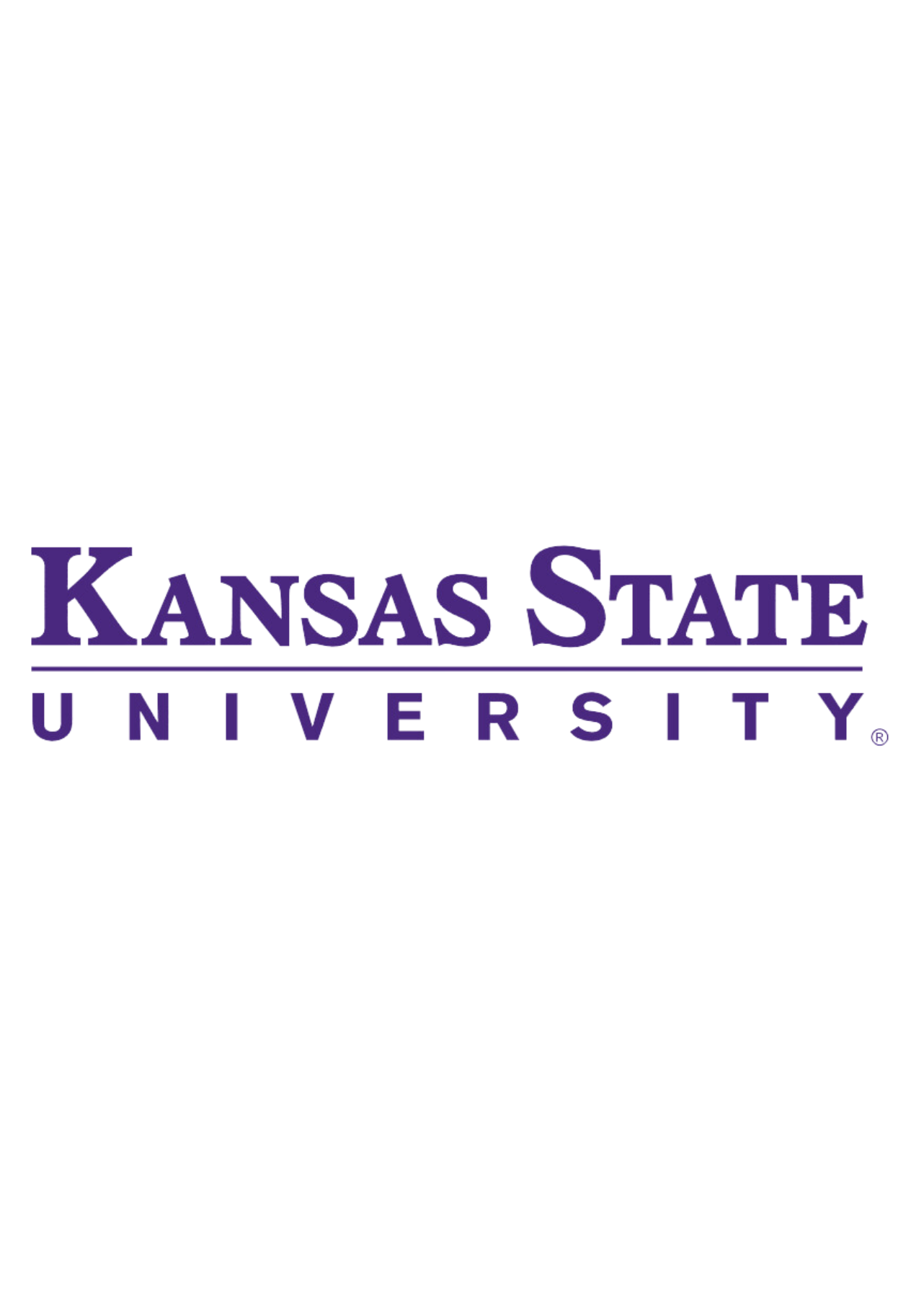
Kansas State University
Intelligent Score: 96.08In-state: $9,375
Out-of-state: $25,251
In-state: $10,212
Out-of-state: $10,212
SAT: N/A
ACT: N/A
$765
Hybrid
Higher Learning Commission
38

Austin Peay State University
Intelligent Score: 95.78In-state: $6,720
Out-of-state: $12,264
In-state: $8,100
Out-of-state: $8,100
SAT: 918-1188
ACT: 19-24
$470
Online
Southern Association of Colleges and Schools Commission on Colleges
34
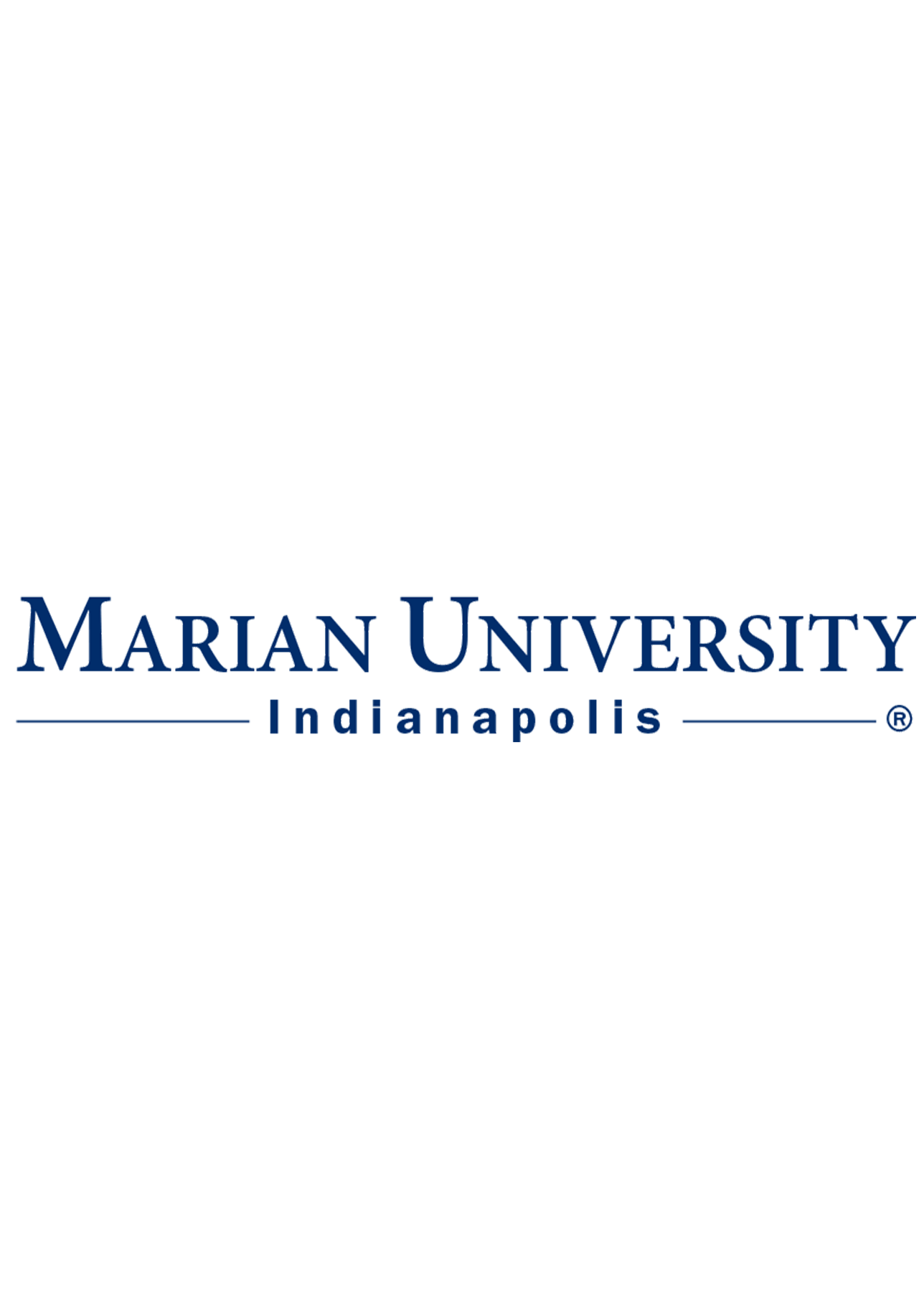
Marian University
Intelligent Score: 95.66In-state: $36,000
Out-of-state: $36,000
In-state: $19,720
Out-of-state: $19,720
SAT: N/A
ACT: N/A
$665
Online
Higher Learning Commission
36
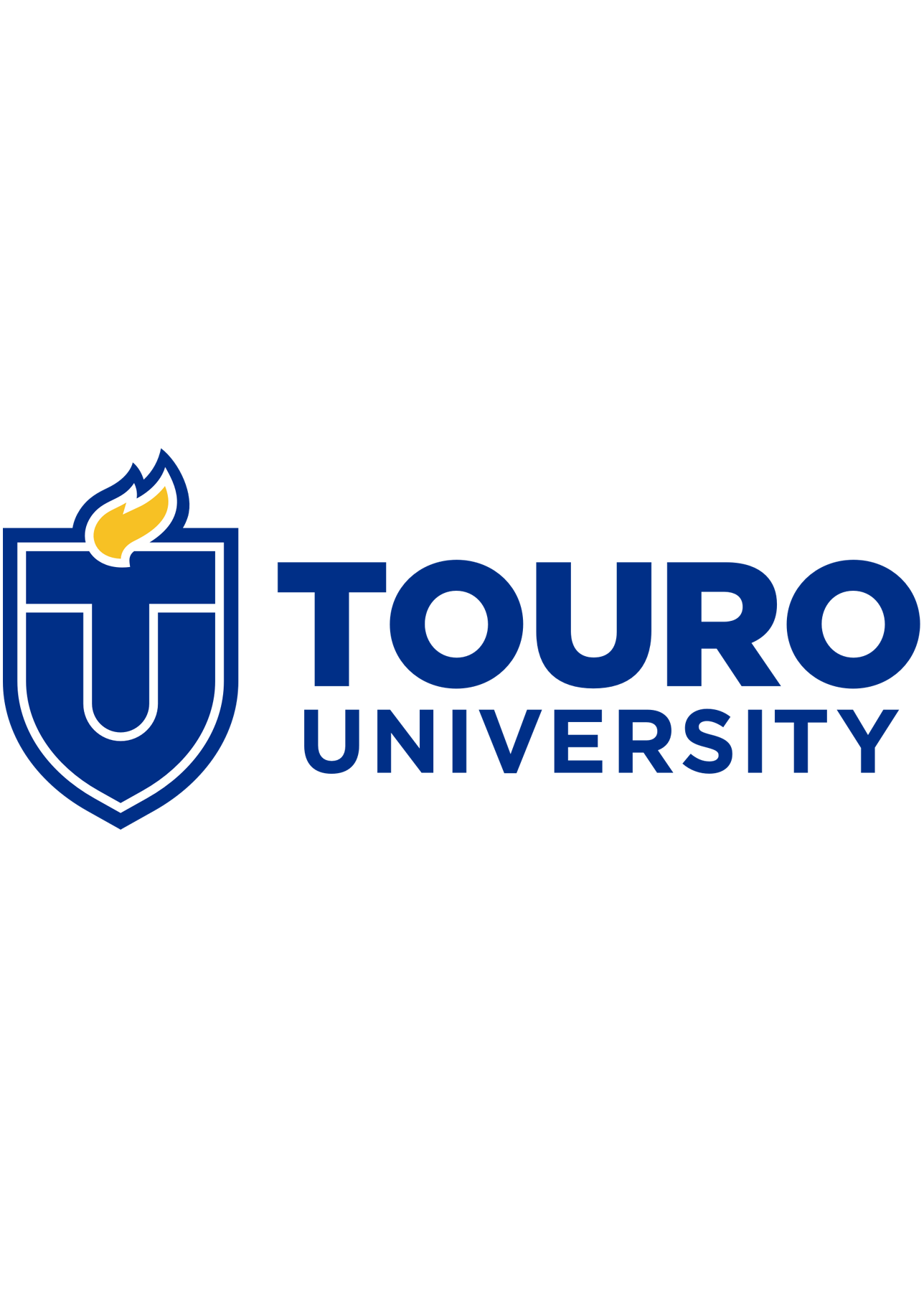
Touro University School of Health Sciences
Intelligent Score: 93.4In-state: $18,283
Out-of-state: $18,283
In-state: $12,618
Out-of-state: $12,618
SAT: N/A
ACT: N/A
$890
Online, On-Campus
Middle States Commission on Higher Education
36
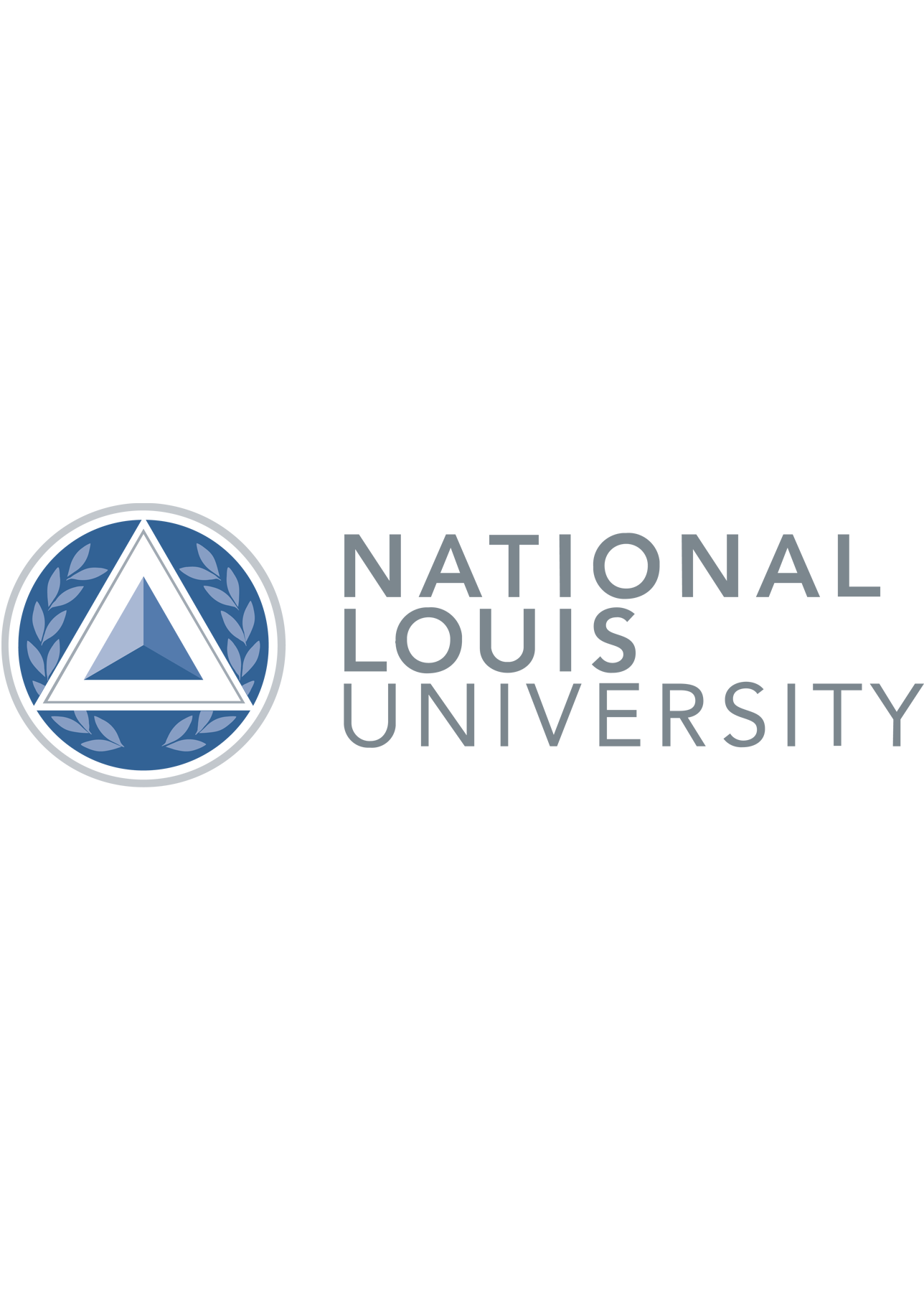
National Louis University
Intelligent Score: 92.41In-state: $13,419
Out-of-state: $13,419
In-state: $11,646
Out-of-state: $11,646
SAT: N/A
ACT: N/A
$790
Online, On-Campus
Higher Learning Commission
34-42
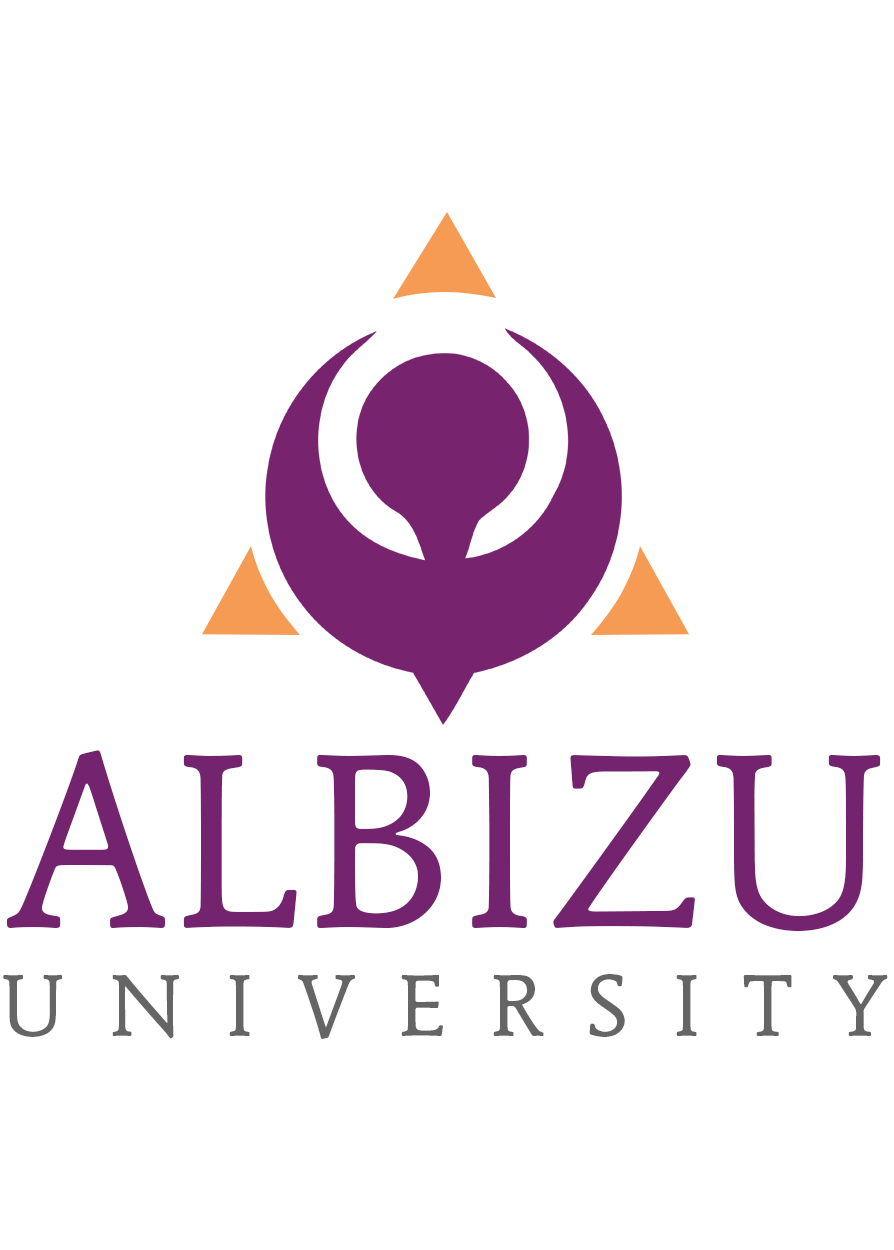
Albizu University
Intelligent Score: 90.19In-state: $48,144
Out-of-state: NA
In-state: NA
Out-of-state: NA
SAT: N/A
ACT: N/A
$620
Online, On-Campus
Middle States Commission on Higher Education
48

Eastern Kentucky University
Intelligent Score: 89.40In-state: $9,266
Out-of-state: $19,338
In-state: $9,900
Out-of-state: $9,900
SAT: 950-1170
ACT: 19-25
$636
Online
Southern Association of Colleges and Schools Commission on Colleges
36

Baker College
Intelligent Score: 89.17In-state: $9,960
Out-of-state: $9,960
In-state: $12,510
Out-of-state: $12,510
SAT: N/A
ACT: N/A
$600
Online
Higher Learning Commission
36
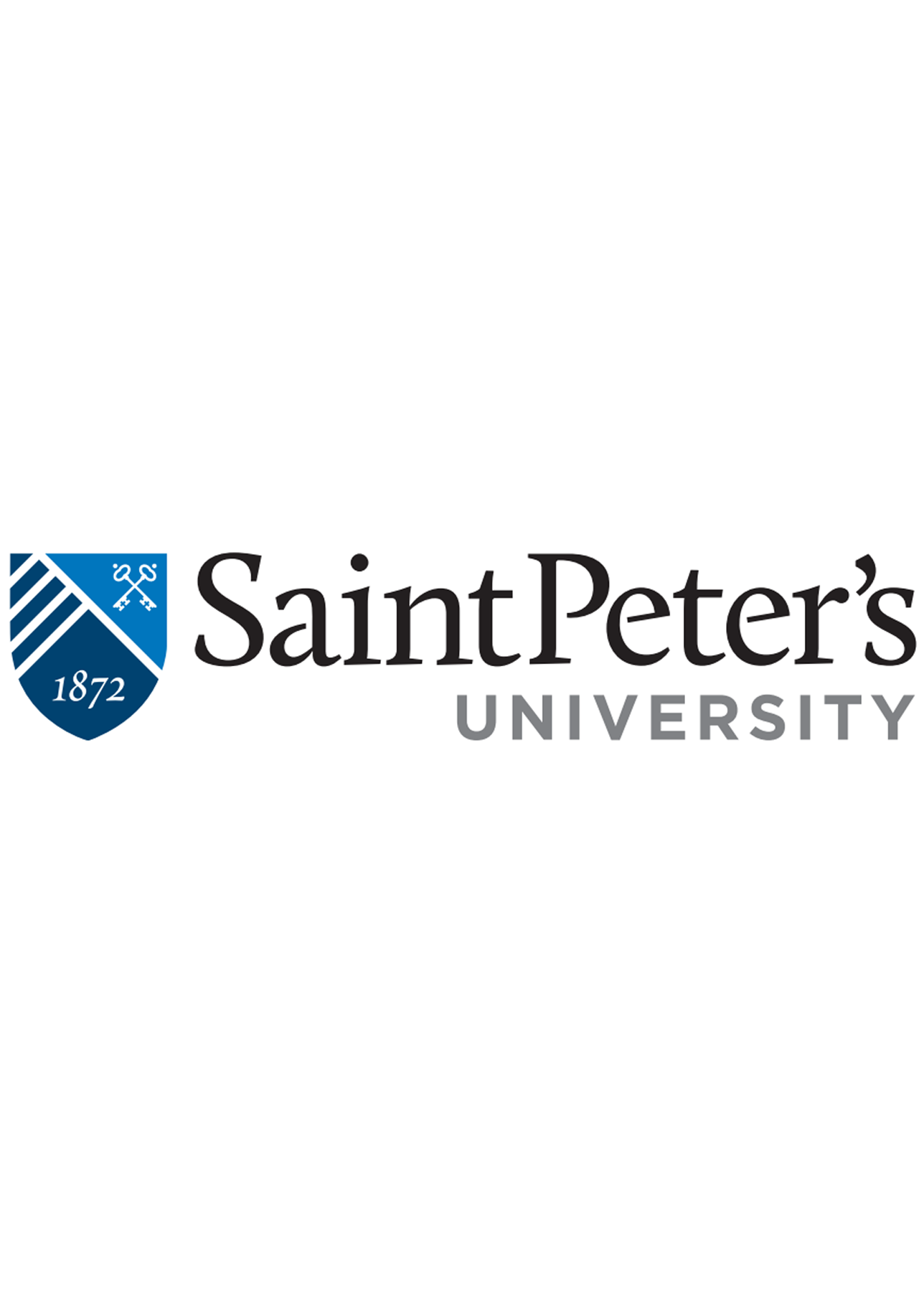
Saint Peter's University
Intelligent Score: 88.20In-state: $37,660
Out-of-state: $37,660
In-state: $21,186
Out-of-state: $21,186
SAT: N/A
ACT: N/A
$720
Online
Middle States Commission on Higher Education
36
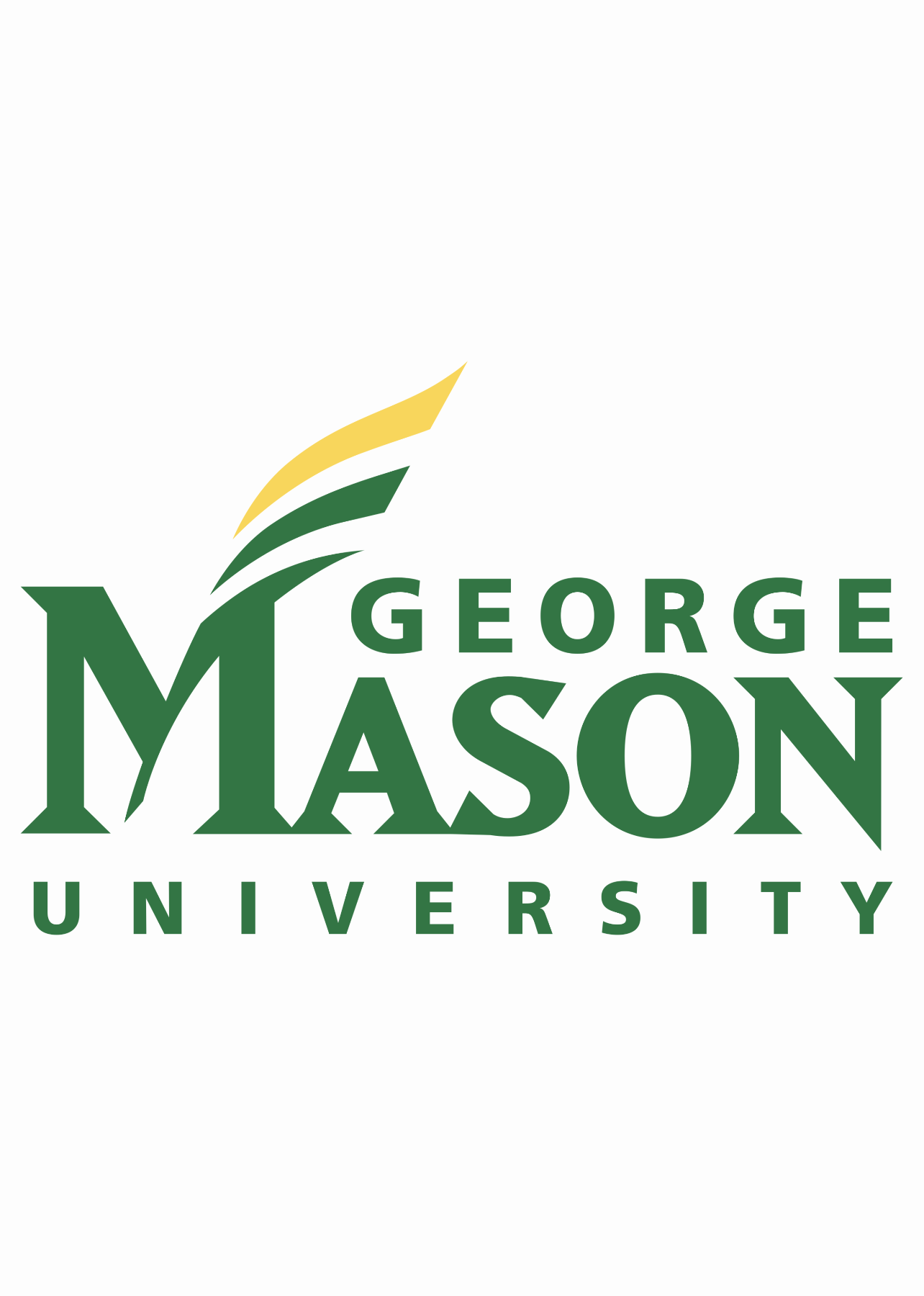
George Mason University
Intelligent Score: 87.98In-state: $9,510
Out-of-state: $32,970
In-state: $12,594
Out-of-state: $12,594
SAT: 1100-1300
ACT: 24-30
$815
Online
Southern Association of Colleges and Schools Commission on Colleges
30

University of Hartford
Intelligent Score: 86.35In-state: $40,490
Out-of-state: $40,490
In-state: $14,292
Out-of-state: $14,292
SAT: 1020-1210
ACT: 22-29
$726
Online, On-Campus
New England Commission of Higher Education
36
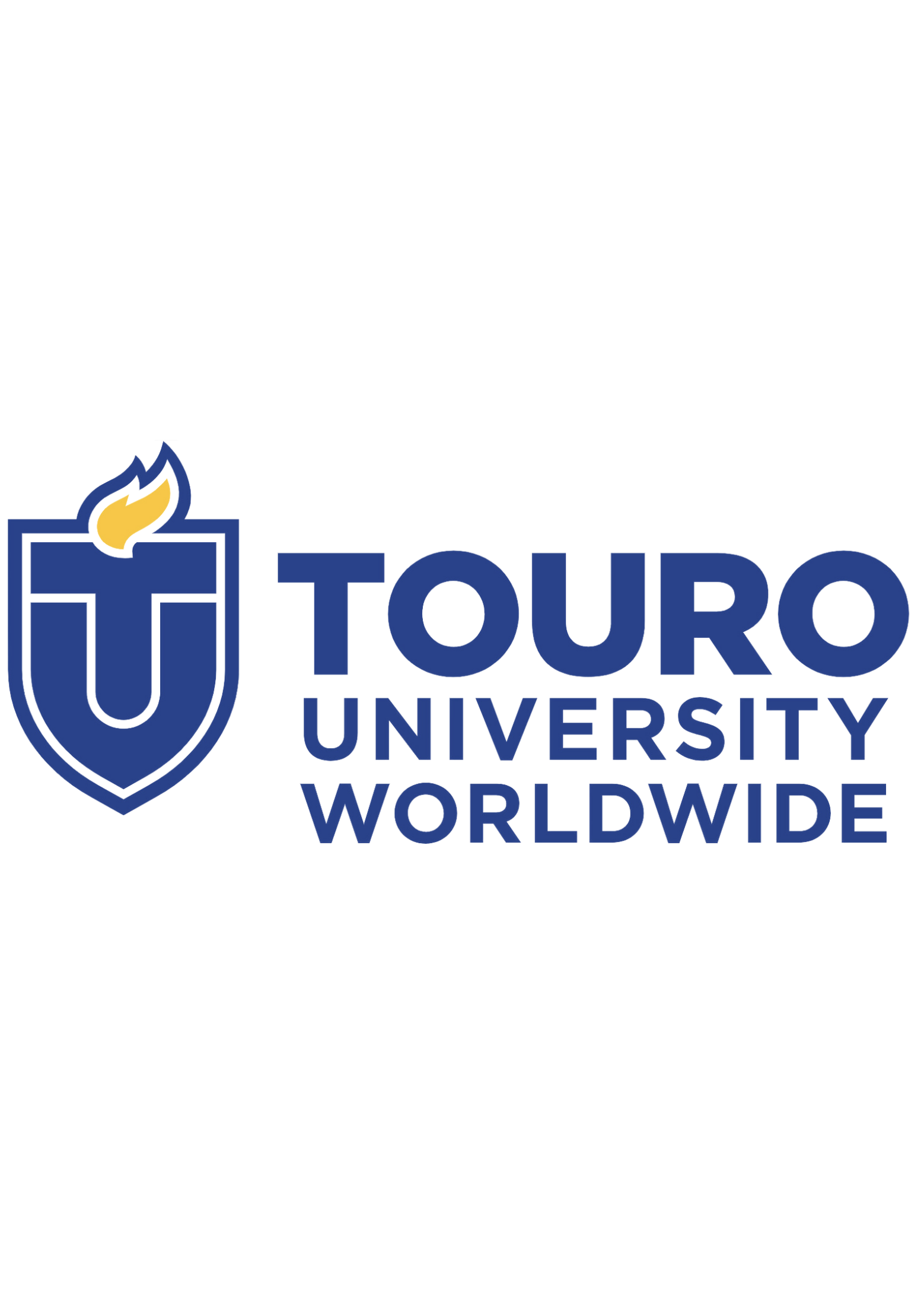
Touro University Worldwide
Intelligent Score: 85.98In-state: $14,400
Out-of-state: $14,400
In-state: $9,000
Out-of-state: $9,000
SAT: N/A
ACT: N/A
$500
Online
Western Association of Schools and Colleges Senior College and University Commission
36

The Chicago School
Intelligent Score: 84.34In-state: $46,796
Out-of-state: $46,796
In-state: $50,636
Out-of-state: $50,636
SAT: Not Required
ACT: Not Required
$1,368
Online, On-Campus
Western Association of Schools and Colleges Senior College and University Commission
35-46
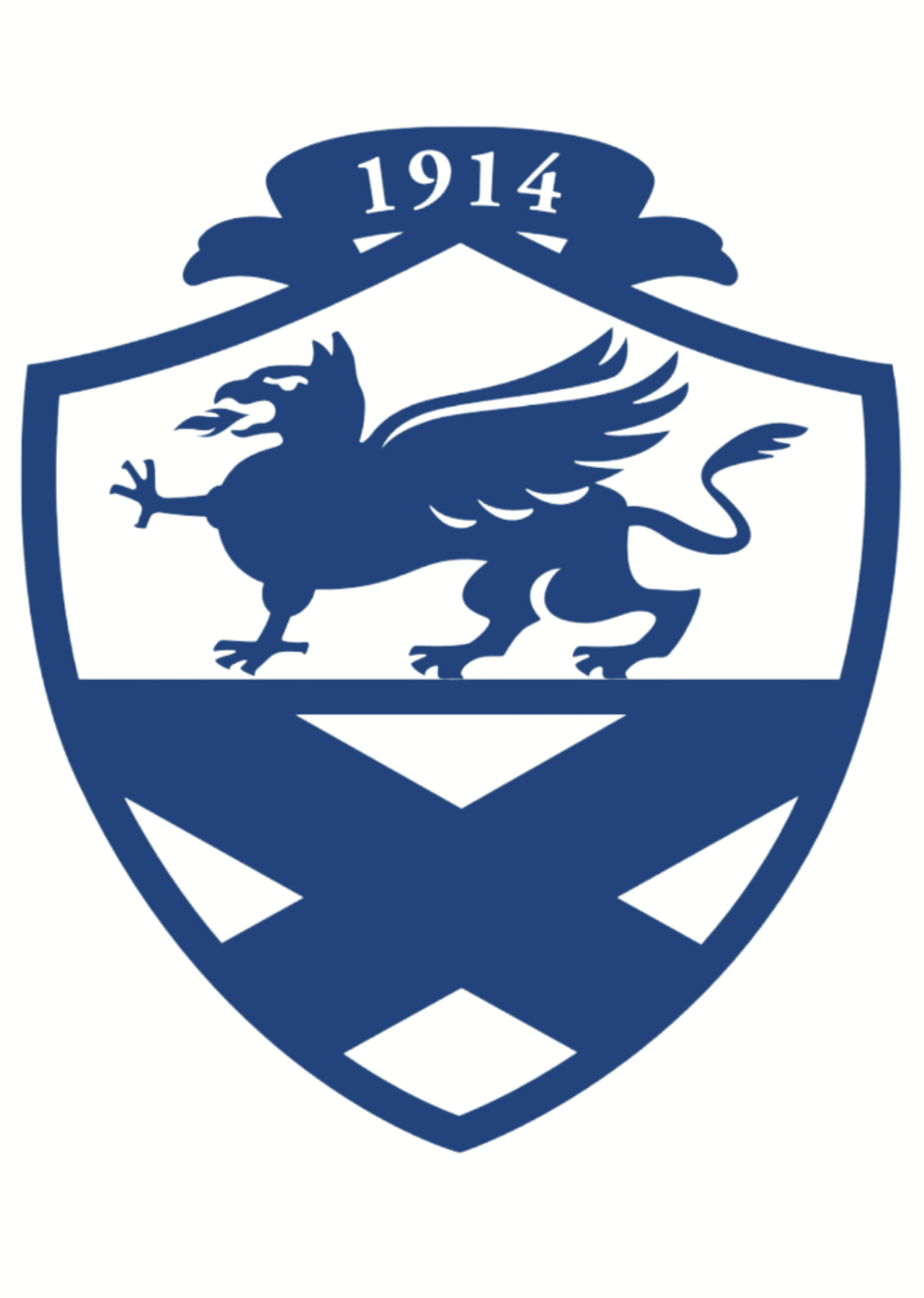
Johnson & Wales University
Intelligent Score: 82.64In-state: $34,376
Out-of-state: $34,376
In-state: $14,148
Out-of-state: $14,148
SAT: N/A
ACT: N/A
$842
Online
New England Commission of Higher Education
30

Golden Gate University
Intelligent Score: 80.17In-state: $12,456
Out-of-state: $12,456
In-state: $19,620
Out-of-state: $19,620
SAT: N/A
ACT: N/A
$1,090
Online,Hybrid
Western Association of Schools and Colleges Senior College and University Commission
33

Southern New Hampshire University
Intelligent Score: 78.51In-state: $9,600
Out-of-state: $9,600
In-state: $18,810
Out-of-state: $18,810
SAT: N/A
ACT: N/A
$637
Online
New England Commission of Higher Education
36
How to Choose an Online Master’s in Organizational Psychology Program
Choose your area of study
Organizational psychology is typically not available as a standalone degree — rather, you’ll probably need to select this subject as a concentration in a more general master’s in psychology program.
This degree is offered in several formats, including Master of Arts (MA), Master of Science (MS), and Master of Professional Studies (MPS). Each type of degree has a somewhat different orientation. For example, MPS degrees focus primarily on practical skills, while MS degrees are more research-oriented. If you already know what you would like to do after you graduate, look for programs that match these career goals.
Research schools and programs
You should only consider institutions that have been approved by a DOE-recognized regional accrediting organization, such as the New England Commission of Higher Education or Northwest Commission on Colleges and Universities. These organizations evaluate schools to ensure they provide students with a high-quality education. Those who attend a school that isn’t regionally accredited may be unable to access financial aid or transfer credits to another institution if needed.
To learn more about a particular school’s curriculum, faculty, internship opportunities, course delivery methods, and other key details, you can visit the school’s website, contact an admissions counselor, follow the school on social media, or attend an in-person or virtual open house.
Prepare for tests and applications
As application requirements vary from school to school, it’s a good idea to contact a school’s admissions office or program representatives to confirm what application materials you must submit.
A standard application for an online master’s in organizational psychology includes:
- Application and fees
- Official undergraduate transcripts
- Letters of recommendation
- Personal statement
- Resume
Some online master’s in organizational psychology programs will require you to complete certain prerequisite classes before officially entering the graduate program. Any student with a bachelor’s degree in a psychology-related field will likely already have taken the classes. Students with non-related degrees may have to complete courses like the following:
- Statistics
- Research methods
- Foundations in psychology
- Social psychology
In addition, some universities require students to pass the Graduate Record Exam (GRE) or the GRE Psychology subject-specific test. Other schools allow students to substitute the GRE with years of work experience.
Select your program
Using the information gathered through research, students can create their list of the top online master’s in organizational psychology programs. When deciding which programs to apply to, students should also keep in mind that most schools charge nonrefundable application fees, which can add up quickly. This may factor into their plan for how many applications to submit.
Before making your final decision, review your needs and goals again. Do you plan to attend school full-time or part-time? Do you want your program to be as online as possible, or are you fine with a hybrid program that has a fair amount of in-person requirements? Some programs offer asynchronous courses, which can be completed at your own pace, while others only offer synchronous courses, which involve remotely attending lectures and completing assignments at the same time as other students — which of these two online learning formats do you prefer? Your school should accommodate your scheduling needs and learning preferences.
Determine how you’ll pay for your degree
Completing the Free Application for Federal Student Aid (FAFSA) is typically the first step in obtaining money for graduate school. Schools will use this to determine eligibility for federal student loans, grants, and work-study funding.
Early in the process, students should also contact the school’s financial aid department to learn more about institutional aid opportunities, like scholarships, grants, and fellowships.
Students working full-time jobs while attending an online master’s in organizational psychology program may have tuition assistance opportunities through their employers.
What Can You Expect from an Online Master’s in Organizational Psychology Program?
Full-time students can finish an online master’s in organizational psychology program in two years or less, while part-time students may need an extra year to complete the program. Some students may be able to complete their degree faster by enrolling in an accelerated program that compresses required coursework into a shorter time frame.
Students in this program will extend their knowledge on topics such as employment law, performance management, leadership, statistics, and research. Most programs involve a practicum experience in which students work in supervised positions in the community to get hands-on training. Many programs integrate a capstone project or thesis to let students demonstrate what they have learned throughout their online master’s program in organizational psychology.
After graduation, students must pass licensure or certification exams to practice as well as obtain licensure from the states where they work.
Potential courses you’ll take in an online master’s in organizational psychology degree program
- Personnel Psychology. Students learn about the psychological elements of employer-employee relationships and the value of personality testing for recruiting personnel. Students also explore potential legal issues in personnel selection.
- Executive Leadership. This course covers coaching employees and how to improve communication skills, resolve conflicts, and assess emotional intelligence. The common characteristics of successful leaders are reviewed as well.
- Diversity and Culture. Every organization must recognize and appreciate diversity and the many cultures of the employees. Students learn how to create a culture that values differences and integrates individual strengths to build diverse teams.
- Psychometrics. Students taking this class become familiar with testing methods for leaders to utilize for employee improvement. They learn how to design, apply, and interpret psychological tests based on interests, aptitudes, abilities, intelligence, achievement, and cognitive functioning.
- Organizational Psychology. Students explore the employee’s relationship with an organization as a whole. Topics covered include attitude, motivation, conflicts, and making changes within the company.
What Can You Do With an Online Master’s in Organizational Psychology?
Career outlook
The career outlook for individuals with an online master’s degree in organizational psychology is highly favorable, reflecting the growing recognition of the importance of psychological principles in the workplace.
Graduates with an online master’s degree in organizational psychology have diverse career paths available, showcasing the program’s versatility across different sectors. The specific role may vary based on factors such as experience, specialization, and the nature of the organization.
Here are some prominent career trajectories:
- Psychologist — Research cognitive, emotional, and social processes as well as how people interact with each other and their environments.
- Median annual salary: $85,330
- Projected employment growth (through 2032): 6%
- New job openings projected: 12,800 annually
- Human resources manager — Oversee employee relations, payroll administration, and talent acquisition and development.
- Median annual salary: $130,000
- Projected employment growth (through 2032): 5%
- New job openings projected: 15,500 annually
- Training and development manager — Design and manage an organization’s employee training programs.
- Median annual salary: $120,000
- Projected employment growth (through 2032): 6%
- New job openings projected: 3,500 annually
Online Master’s Degree in Organizational Psychology Frequently Asked Questions
How do I apply to an online master’s in organizational psychology degree program?
For the most accurate information about how to apply to an organizational psychology master’s program, students should contact the school’s admissions office.
Typically, students will start the process by submitting an application through the universities’ websites.
Most online master’s programs will also require students to submit entrance exam scores, official transcripts with proof of graduation and final undergraduate GPA, personal statements, letters of recommendation, and application fees.
How much does an online master’s in organizational psychology degree program cost?
The average graduate school tuition is $12,596 at public universities and $28,017 at private universities.
However, the exact price any student pays depends on additional factors like how much financial aid they receive, what income a student has during their program, and what kind of additional fees students are charged.
These fees can include:
- Technology fees
- Digital media fees
- Library fees
- Activities fees
- Student services fees
- Textbook fees
- Childcare costs during school hours
- Convenience fees
How long does it take to earn an online master’s in organizational psychology degree?
Master’s programs consist of 30 to 40 credit hours in core and elective courses, practicums, and final projects. In a traditionally-paced program, this can take full-time students 1-2 years to complete, while part-time students might need 2-3 years to finish the program.
Students may be able to enroll in an accelerated program, where they can take additional courses each term or enroll in new classes as soon as they complete other coursework. This can help students earn their master’s in organizational psychology in less time.
Is an online master's in organizational psychology worth it?
Earning an online master’s in organizational psychology offers significant advantages in today’s dynamic work environment. According to the American Psychological Association, professionals with expertise in organizational psychology are sought after for their ability to enhance workplace dynamics, improve organizational performance, and contribute to employee well-being.
The earning potential for individuals with an online master’s in organizational psychology is competitive. The skills acquired during the program, including organizational analysis, leadership development, and change management, position graduates for success in various roles focused on optimizing workplace environments.
An online master’s in organizational psychology provides theoretical knowledge and practical applications that are directly relevant to organizational dynamics. The flexibility of asynchronous programs allows professionals to continue working while advancing their understanding of psychology in the workplace, making it a valuable investment in both career growth and organizational success.
Read More about Online Master’s in Organizational Psychology Degrees
Compare School Options
Related Degrees
- Substance Abuse Counseling
- Psychology Program
- Addictions and Recovery
- Counseling
- School Counseling
- Forensic Psychology
- BCBA Master's Programs
- Christian Counseling
- Psychology
- Organizational Psychology
